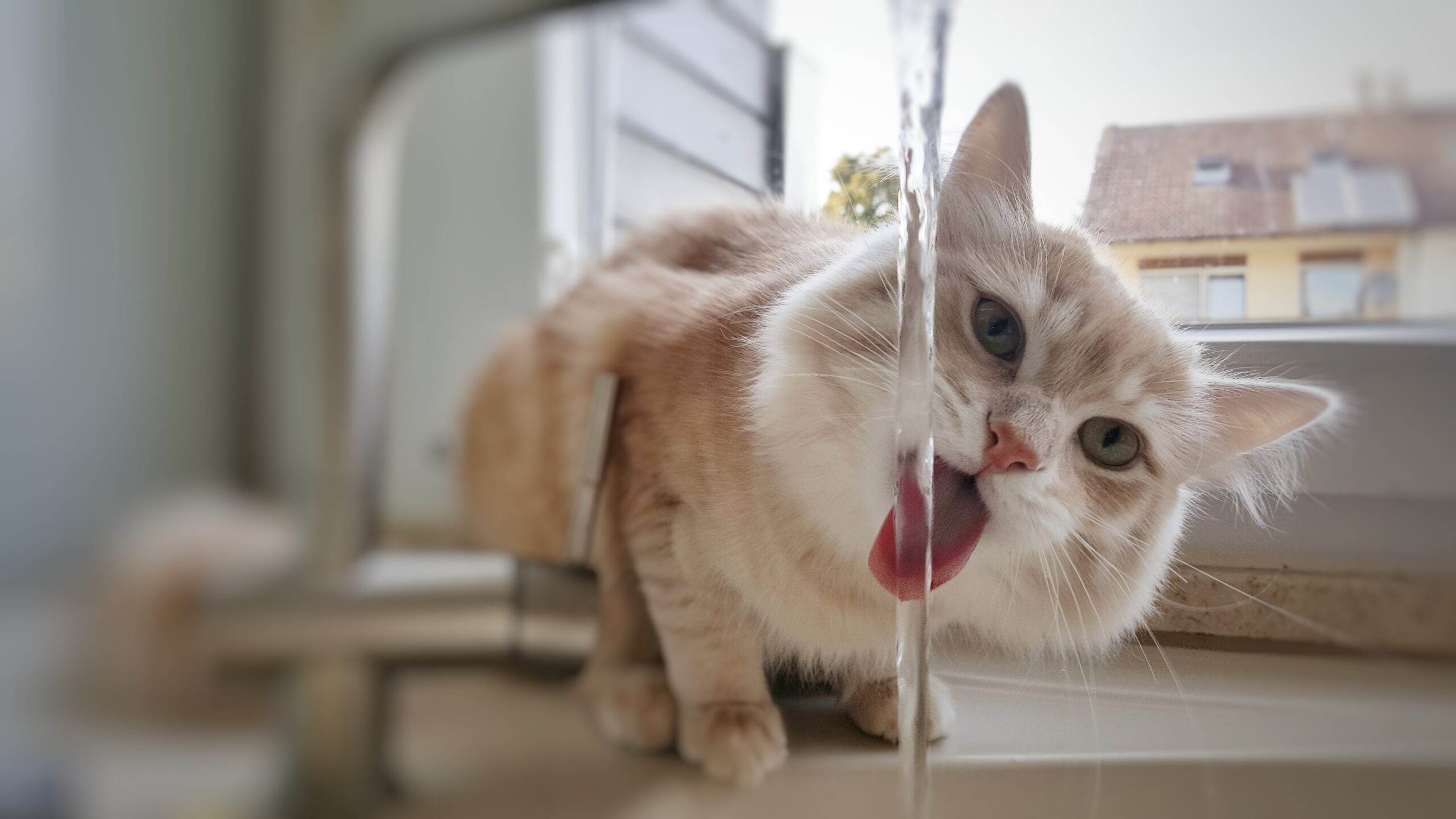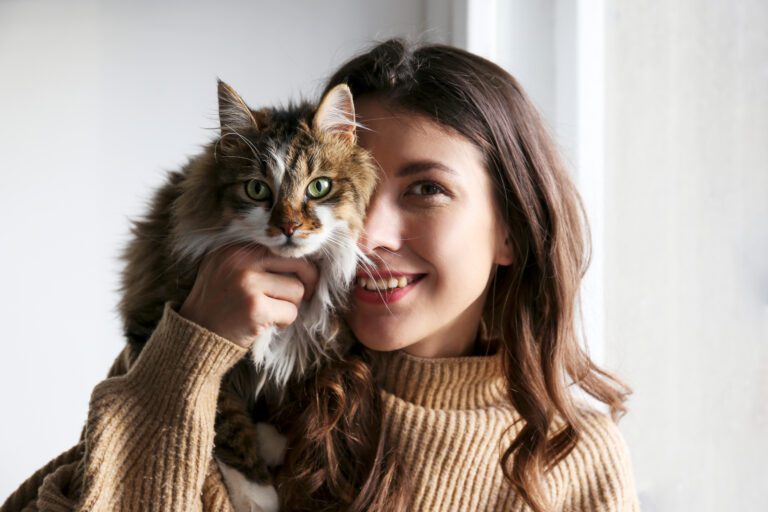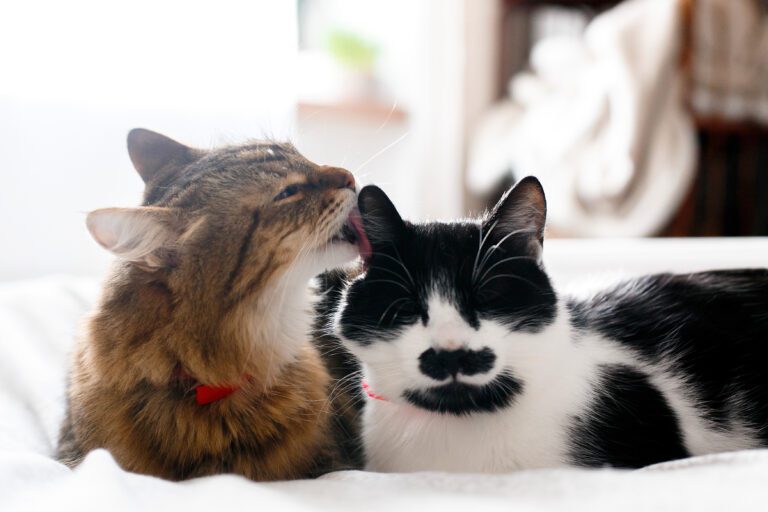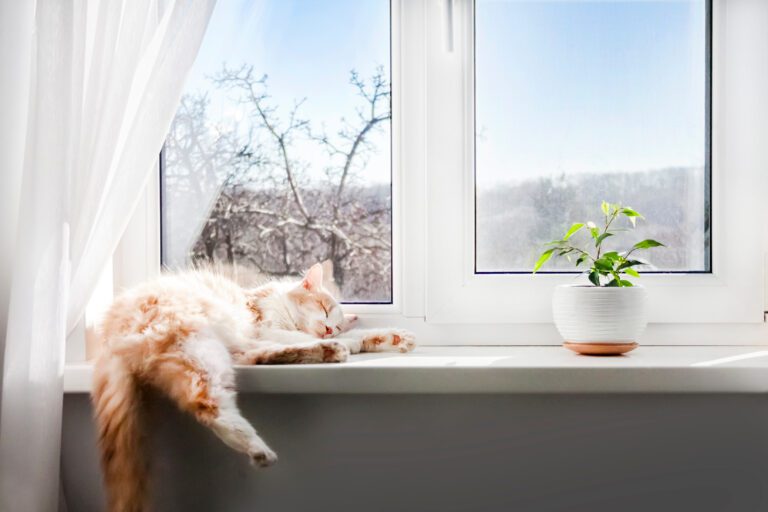As a devoted pet owner, you’re probably quite familiar with your cat’s daily routines and habits. However, when you notice a sudden increase in your feline friend’s water consumption, it’s natural to feel concerned. While occasional changes in your cat’s water intake may not be alarming, persistent excessive thirst could indicate an underlying issue. In this blog post, we will explore some possible reasons why your cat is drinking so much water.
1. Environmental Factors:
Before jumping to conclusions, consider if there have been any changes in your cat’s environment. Higher temperatures, especially during summer months, can lead to increased water intake for both humans and pets. Ensure your cat has access to fresh, clean water at all times, and monitor if their drinking habits normalize over time.
2. Diet and Food Content:
Cats that consume a dry kibble diet may naturally have a higher thirst drive due to the low moisture content in their food. Dry food often lacks the hydration levels found in wet or raw diets. Consider switching to a wet food diet or adding water to your cat’s meals to increase their overall water intake and keep them adequately hydrated.
3. Kidney Disease:
One of the most common reasons for increased water consumption in cats is kidney disease. As cats age, their kidneys can become less efficient at filtering waste and maintaining water balance. Increased thirst could be a compensatory mechanism to flush out toxins. If you suspect kidney disease, consult your veterinarian who may recommend bloodwork and urinalysis to assess kidney function.
4. Diabetes:
Diabetes mellitus, a condition where the body cannot regulate blood sugar levels effectively, can also cause excessive thirst in cats. The elevated blood sugar levels lead to increased urine production, resulting in dehydration and subsequent thirst. Other symptoms may include weight loss, increased appetite, and frequent urination. Prompt veterinary attention is crucial to manage diabetes effectively.
5. Hyperthyroidism:
Hyperthyroidism, a hormonal disorder common in older cats, occurs when the thyroid gland produces excessive amounts of thyroid hormone. Increased water consumption is one of the clinical signs associated with this condition. Other symptoms may include weight loss, increased appetite, restlessness, and hyperactivity. Your veterinarian can perform blood tests to diagnose and treat hyperthyroidism accordingly.
6. Urinary Tract Issues:
Certain urinary tract conditions, such as urinary tract infections or bladder stones, can cause increased thirst in cats. These conditions may lead to inflammation or blockages, causing discomfort and an increased urge to drink water. If your cat shows signs of urinary discomfort, such as straining to urinate or blood in the urine, seek veterinary assistance promptly.
While occasional fluctuations in water consumption may not be worrisome, persistent and excessive thirst in your cat should not be ignored. Monitoring your feline friend’s behavior, diet, and overall health is crucial. If you notice any unusual patterns or accompanying symptoms, consult your veterinarian to diagnose and address any underlying medical issues promptly. Remember, being attentive to your cat’s needs and seeking professional advice can ensure their well-being and help maintain their overall health and happiness.
Learn more about your cat here!






